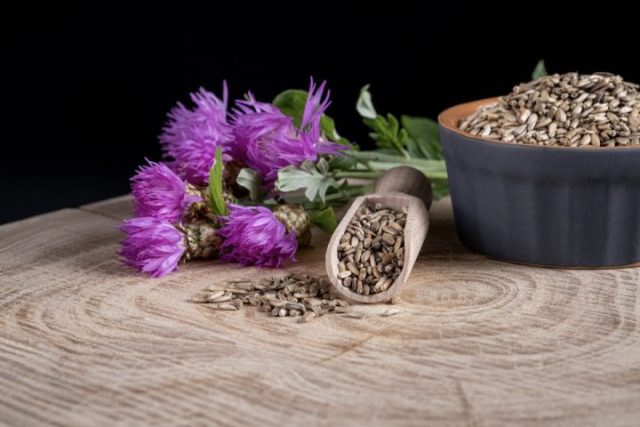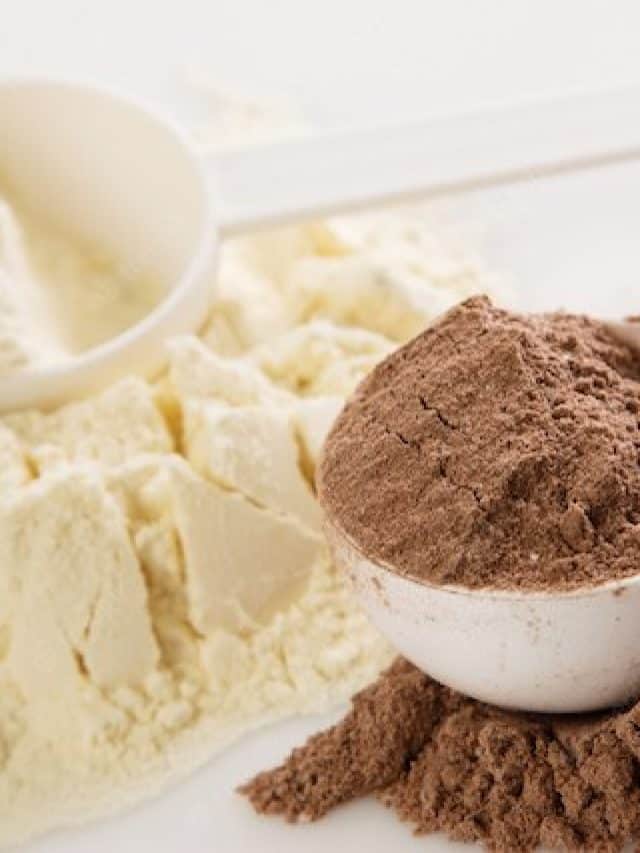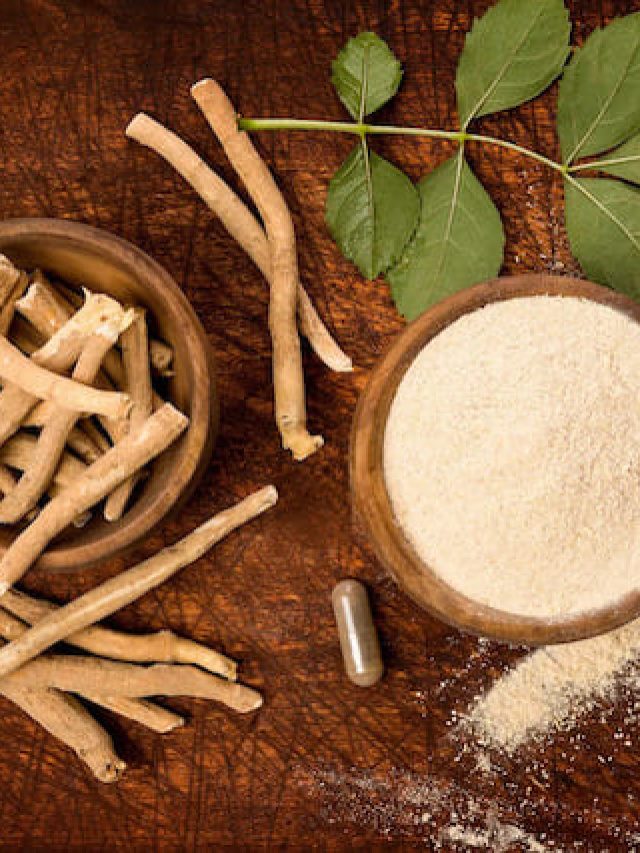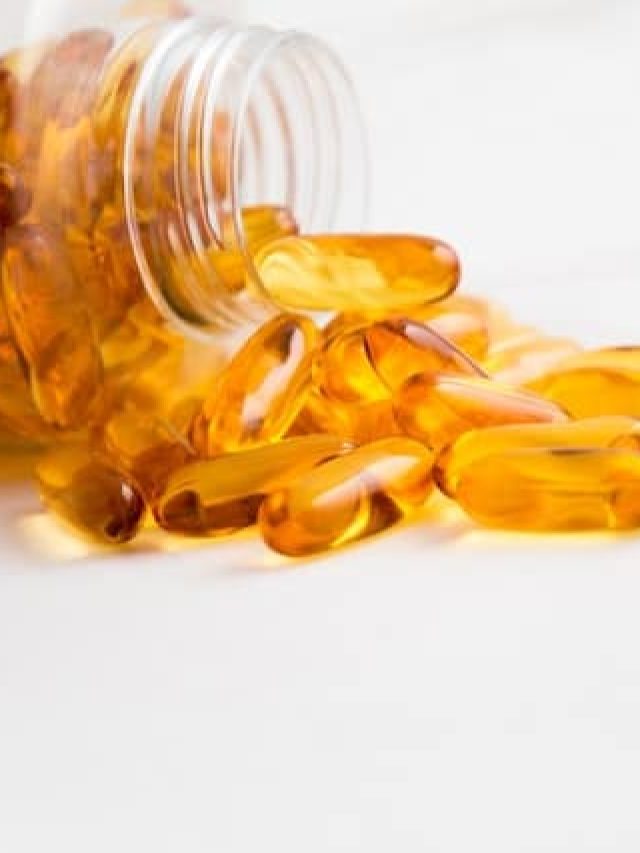Milk thistle, also known as Silybum marianum, is a plant that is native to Mediterranean regions. It has been used for centuries in traditional herbal medicine to support liver health and treat a variety of ailments. The active compounds in milk thistle, known as silymarin, are found in the seeds of the plant. Silymarin is a complex mixture of flavonoids, including silybin, silydianin, and silychristin. These compounds are responsible for milk thistle’s health benefits.
Milk thistle is commonly used in supplement form, but it can also be found in teas and tinctures. It is popularly known for its beneficial effect on the liver, specifically in protecting it from toxins and promoting liver cell regeneration. The liver plays a vital role in our body’s detoxification process, and milk thistle’s ability to protect it from toxins makes it a popular supplement for those looking to support liver health.
In addition to supporting liver health, milk thistle is also used to promote bile flow, support healthy glucose levels, and promote healthy skin. It has been traditionally used to treat various health conditions such as hepatitis, cirrhosis, and gallbladder disorders. However, it’s important to note that research on milk thistle’s health benefits is still ongoing and more studies are needed to fully understand its potential uses and effects.
It’s also important to mention that before starting any new supplement regimen, one should consult a healthcare provider. There may be potential contraindications or risks, so it’s essential to get a professional opinion before beginning to take milk thistle or any other supplement.
Health Benefits of Milk Thistle
One of the most well-known health benefits of milk thistle is its ability to support liver function. The liver is responsible for many important functions in the body, including detoxification and the metabolism of nutrients. Milk thistle’s active compounds, silymarin, have been shown to protect the liver from toxins and promote liver cell regeneration. This makes it a popular supplement for those looking to support liver health.
Another potential benefit of milk thistle is its ability to reduce inflammation. Inflammation is a natural response to injury or infection, but chronic inflammation has been linked to many health conditions, including heart disease and cancer. Studies have suggested that milk thistle’s anti-inflammatory effects may help to reduce the risk of these conditions.
Milk thistle is also an antioxidant, which means it helps to protect cells from damage caused by free radicals. Free radicals are unstable molecules that can damage cells, leading to ageing and disease. Antioxidants help to neutralise free radicals, and studies have suggested that milk thistle may be particularly effective in doing so.
It’s also been used to support healthy glucose levels, which is important for maintaining overall health and preventing conditions such as diabetes. Milk thistle may also help in promoting healthy skin and may help in reducing the symptoms of skin conditions such as eczema and psoriasis.
It’s important to note that while there is some scientific evidence supporting the use of milk thistle for these health benefits, more research is needed to fully understand its potential uses and effects.
Side Effects of Milk Thistle
Milk thistle is generally considered safe when taken as recommended. However, as with any supplement, there may be potential side effects to be aware of. The most common side effect of milk thistle is gastrointestinal discomfort, such as stomach upset or diarrhea. These symptoms are usually mild and can be minimised by taking milk thistle with food.
Another potential side effect is allergic reactions, which can occur in some individuals who are sensitive to the plant. Symptoms of an allergic reaction can include itching, hives, and difficulty breathing. If you experience any of these symptoms after taking milk thistle, it is important to stop taking it and seek medical attention immediately.
There is also a potential for drug interactions when taking milk thistle. Milk thistle may interact with certain medications, such as blood thinners, birth control pills, and chemotherapy drugs. It is important to consult with a healthcare professional before taking milk thistle if you are taking any medications.
It’s also important to note that while milk thistle is considered safe for most people, there may be certain groups of people who should avoid it. This includes pregnant and breastfeeding women, people with a history of hormone-sensitive cancer, and people who are allergic to plants in the Asteraceae/Compositae family.
In general, milk thistle is considered safe when taken as recommended, but it is important to be aware of potential side effects and to consult with a healthcare professional before taking it. It’s also important to follow the recommended dosage and to not exceed the recommended amount.
Dosage and Administration
The recommended dosage of milk thistle can vary depending on the specific product and the intended use. When taking milk thistle supplements, it is important to follow the dosage instructions on the label.
The most common dosage for milk thistle is 140 milligrams of silymarin, the active compound in milk thistle, taken two to three times per day. It is important to note that some studies have used higher doses, up to 600 milligrams per day, but it’s recommended to start with lower doses and consult with healthcare professionals before increasing the dosage.
Milk thistle is available in various forms such as capsules, tablets, powders, and liquid extracts. It’s recommended to take it with food to minimise any potential gastrointestinal side effects.
In general, it’s important to follow the recommended dosage on the label and to consult with a healthcare professional before taking milk thistle or any other supplement. It’s also important to note that the long-term safety and effectiveness of milk thistle have not been extensively studied and more research is needed to fully understand its potential uses and effects.
In conclusion, nature has an abundance of resources that can benefit our health. From herbs to trees, many plants have properties that can help us maintain our well-being. Milk thistle is a noteworthy example, as its extracts contain a significant amount of silymarin, a compound that has been found to have multiple health benefits in human studies. As with any new supplement, it is crucial to consult with a healthcare professional before starting any new health regimen to ensure that milk thistle is appropriate for you. If it is deemed beneficial, then you can confidently harness the natural power of milk thistle to improve your overall well-being.












